COVID-19 Response: Ultra-Cold Chain Training & Support in Malawi, Africa
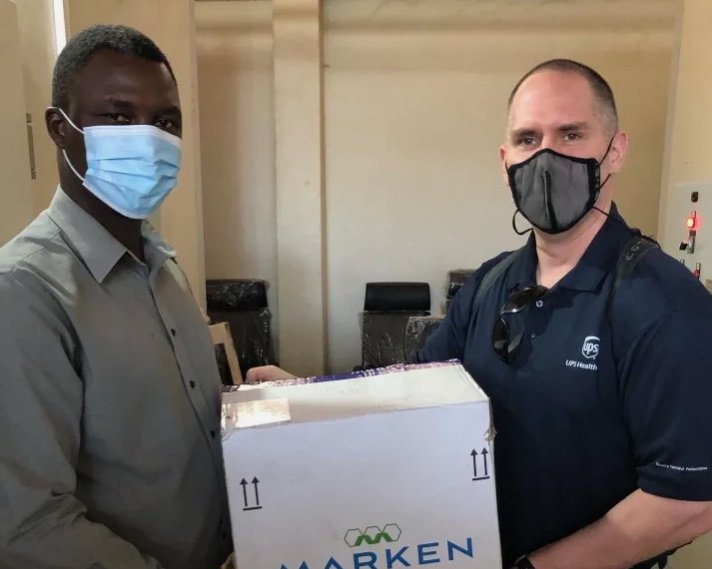
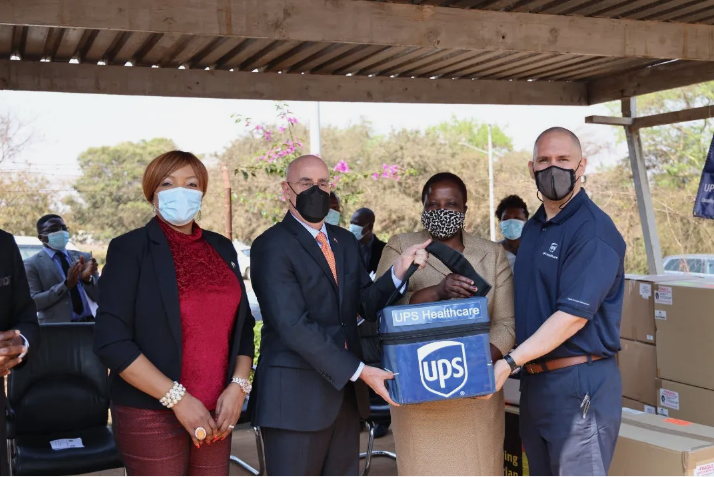
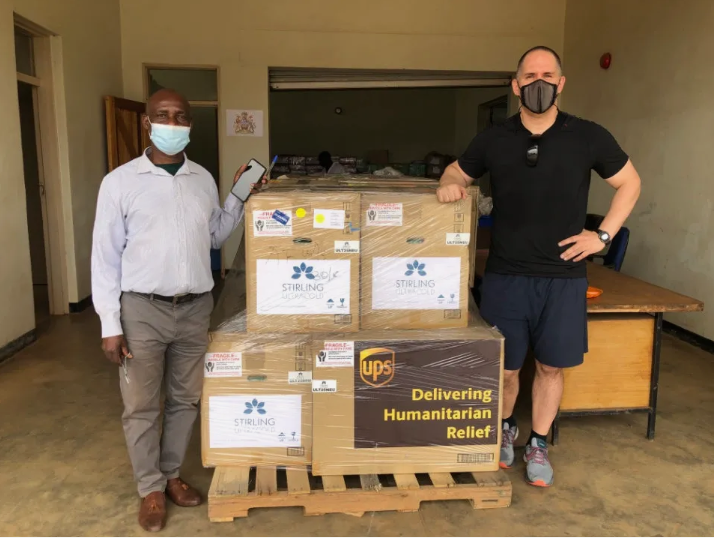
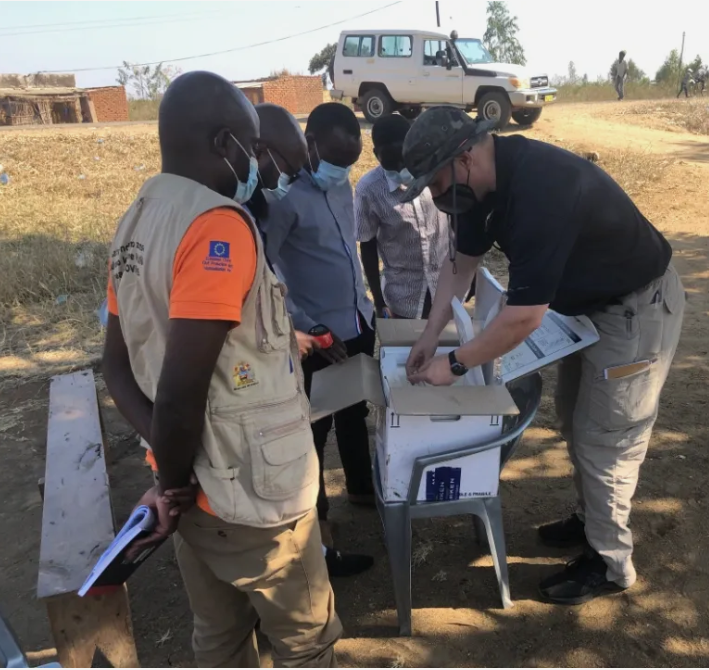
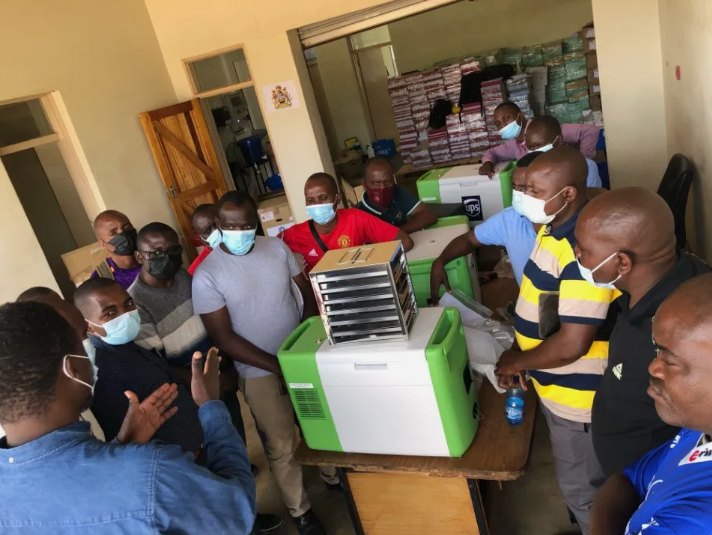
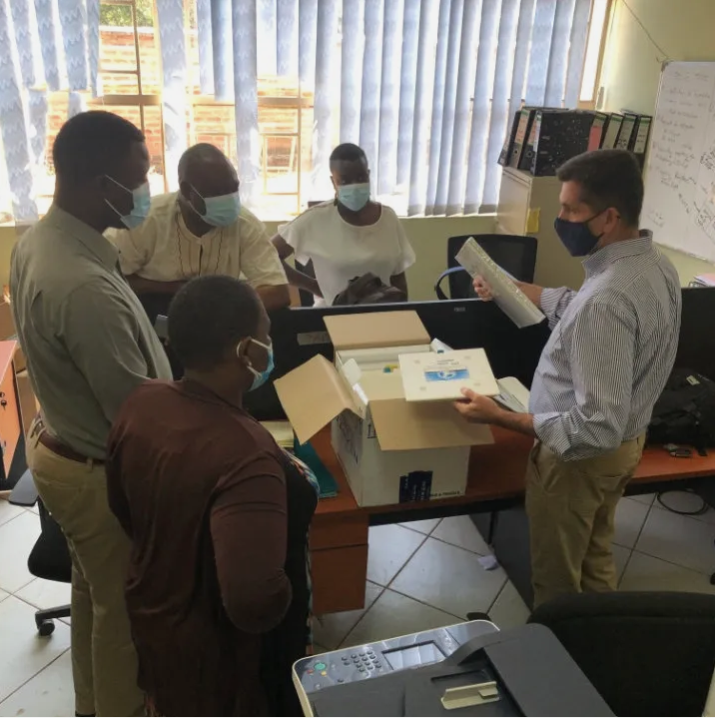
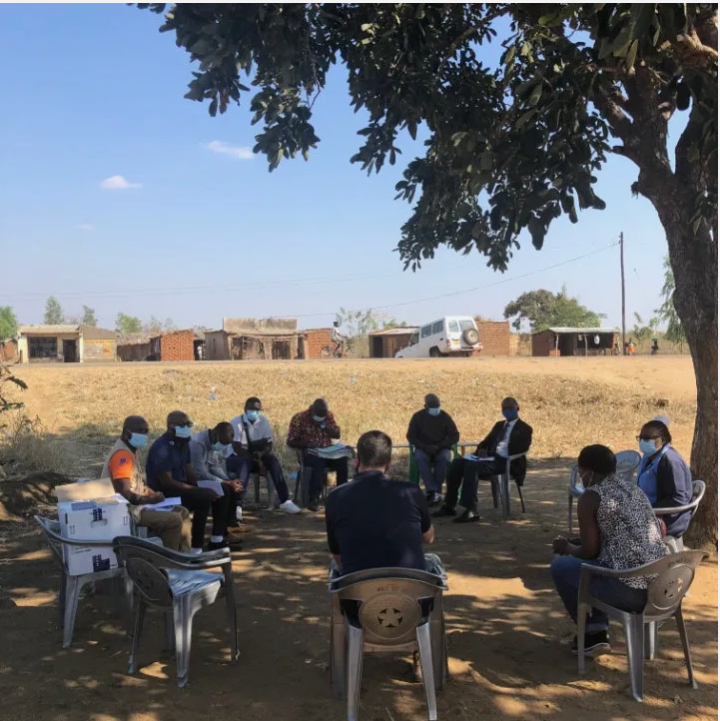
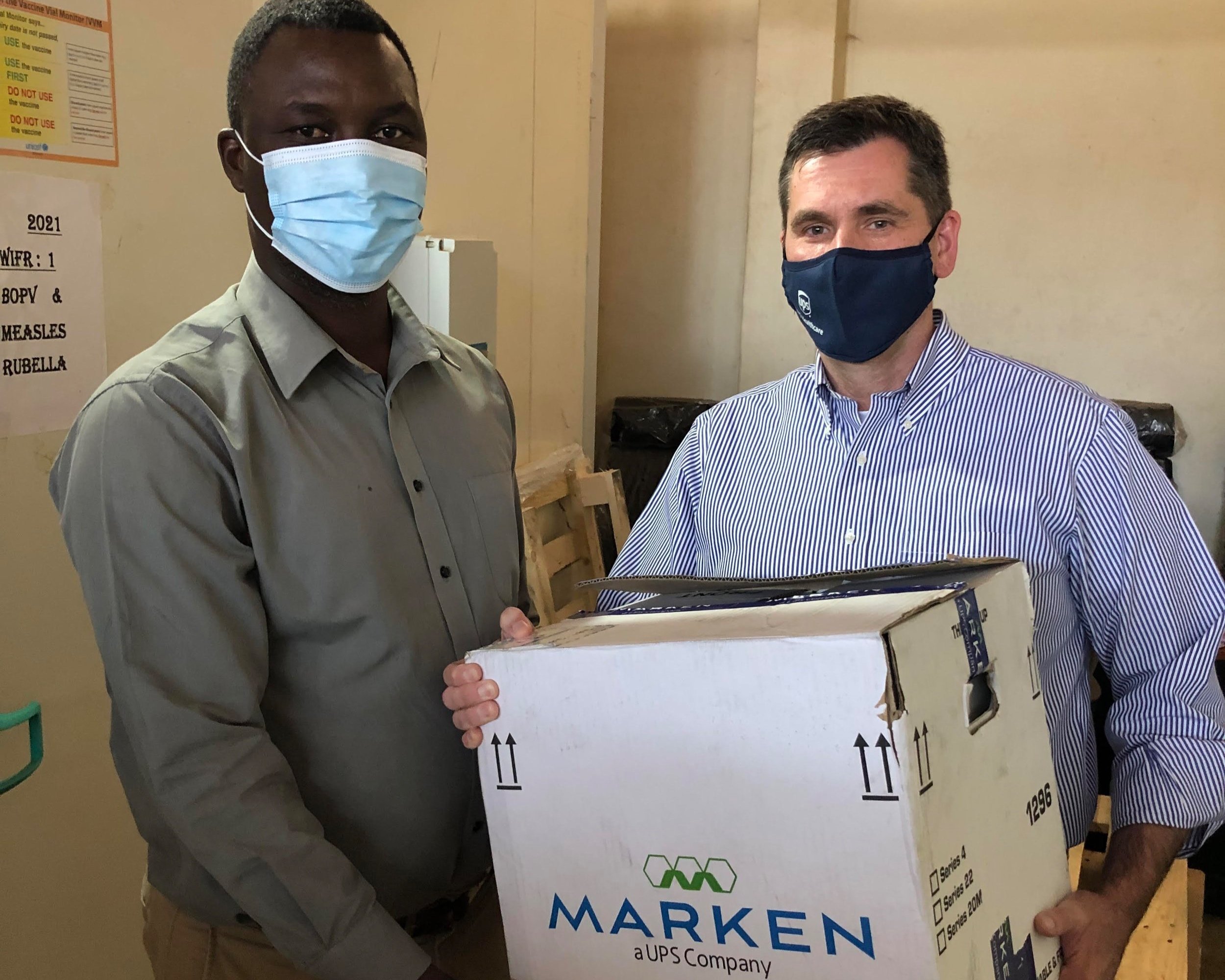
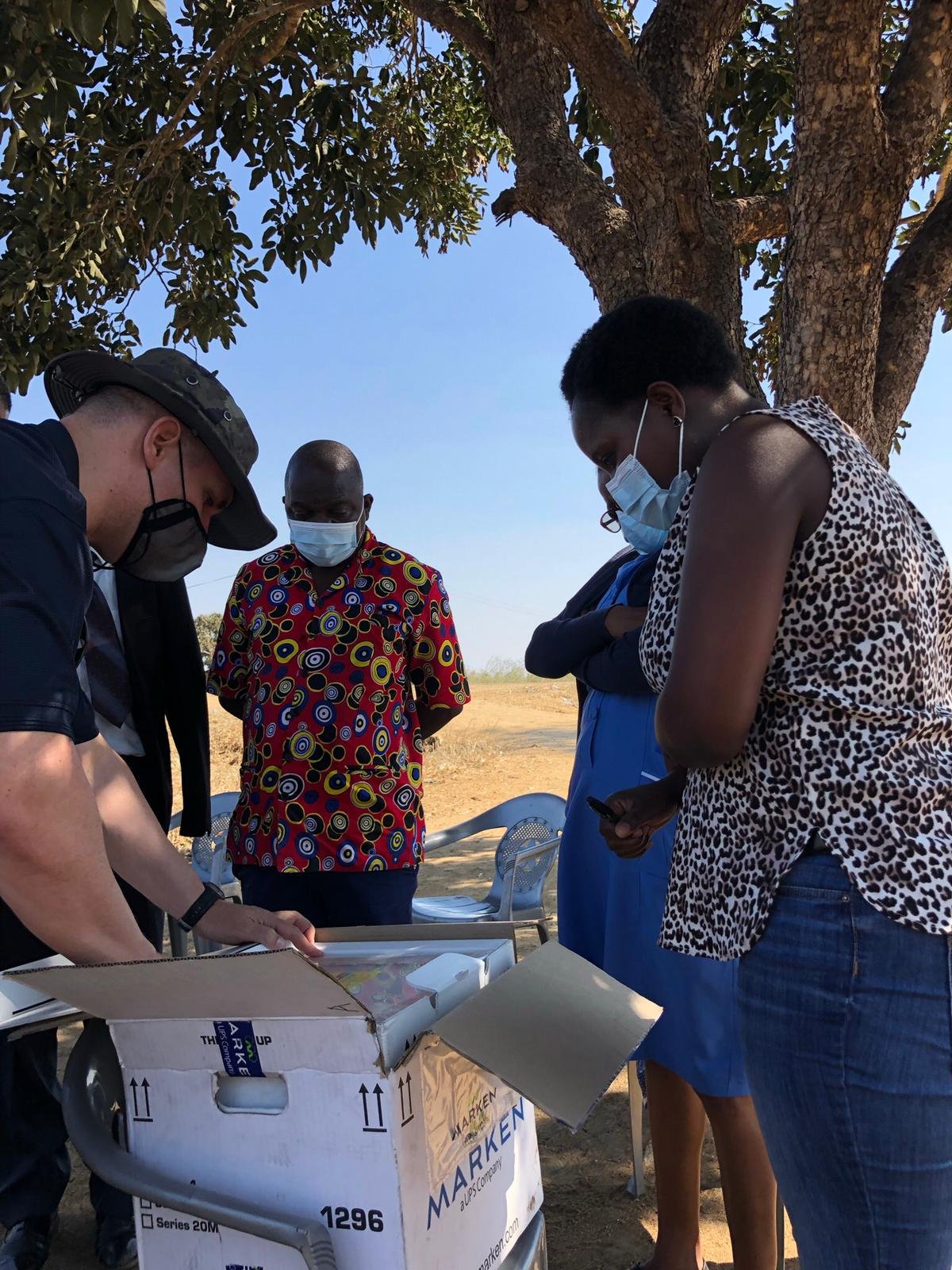
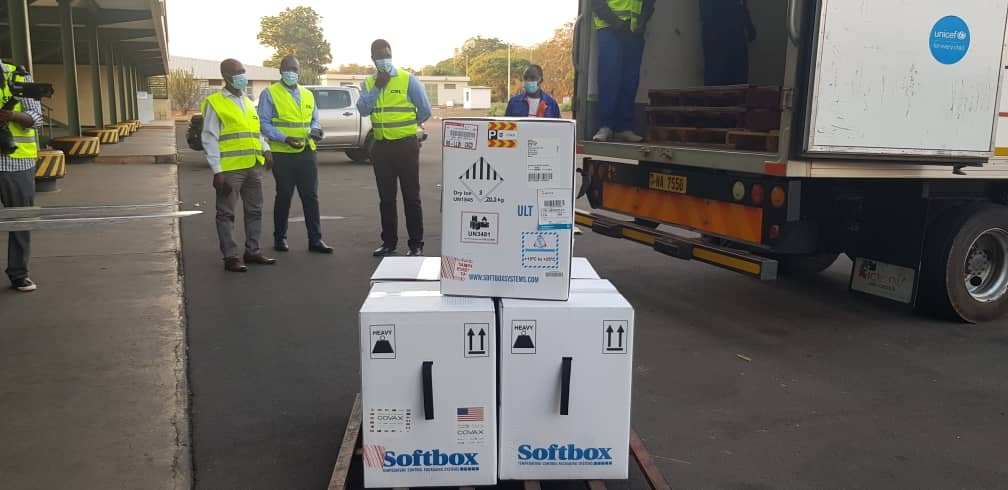
August, 2021
Written by Craig Arnold
Summary
Michael and I deployed to Lilongwe, Malawi to co-ordinate with the Ministry of Health and USAID on bringing Ultra Cold Chain support. The UPS Foundation generously donated 32 Stirling Ultra Cold Freezers, 90 Orca PCM boxes, as well as 65 Sentry GPS monitoring devices. During this deployment, Michael and the UPS Healthcare team developed and published a free Ultra Cold Chain training course online, allowing those not in attendance for personal training to receive it online.
August 3rd, 2021
I arrived in Malawi today working together with members of the Ministry of Health and The UPS Foundation to build capacity for the ultra-cold supply chain so that the Pfizer COVID-19 vaccine can get to rural and super rural areas within Malawi effectively. Many of these places have never had ultra-cold of any kind in their supply chains so it’s a good challenge but I’m very glad to be part of the team and looking forward to getting it done.
August 4th, 2021
Today, we had a very productive meeting with CML and the UPS agent here in Malawi. They have a very impressive network. They're already carrying a lot of healthcare products for USAID and many of the UN agencies. They have a complex network with multiple buildings in all three of the major regions in the country and they’re very cooperative and fun to work with. We had a good day planning and thinking through different ways to get the COVID-19 Pfizer doses delivered around the country. We also got a chance to tour two of their buildings.
We had dinner with Jessica Swart from CARE where we learned about the amazing impact they are having in the country and we discussed where they could help us in some of the community involvement. That's going to be necessary to make sure that the COVID-19 Pfizer doses not only get delivered where they need to be, but also that they get used when they get there.
August 6th, 2021
Today is the second meeting with the National Vaccine Store team where we planned the supply chain management for the country. As we know, they have no capability for ultra-cold, so obviously that's the main effort of The UPS Foundation in supporting with -90°C to minus - 60°C freezers in the district offices which I think is going to be quite successful. We're just working through the details of how we will get the vaccine from the airport to the central store and then broken down into the freezer quantities appropriate for shipments to the districts.
August 12th, 2021
We’re travelling out with CARE to one of their Anti-Vaccine Hesitancy Education Programs today to get a look at how they're using education and relationships in the community to make sure that people are getting the COVID-19 vaccine. We'll also be field testing some of the cold chain packaging that we used in other parts of the world, not because we don't think it'll work here but just because we want to show local testing with local data. It brings a much higher level of trust. A lot of the people are not interested in how it performs in other countries. They want to know how it worked in Malawi so we'll be able to show that after today.
We just left one of the outposts for the District Hospital in Mulanje and now we're going to an even further remote area which is one of the hardest places to reach in Malawi. We've got a cold chain carrying case that we brought with us from the city that we’ll test here for temperature and demonstrate with the local team on the ground to show the capabilities of getting the Pfizer vaccine and others at 2°C to 8°C from the city out to the to the most rural areas.
The Result
We visited 3 of the 29 district hospitals in the country to learn how doses will be administered locally and distributed from there to rural village dosing sites. In addition, we visited 3 final mile dosing sites. This field research led to the operating plan to put portable freezers in the district hospitals throughout the country and then send small doses in cooler boxes from the district hospitals to the villages. Starting with the end in mind, you can figure out how many doses to send to each village. You can only send doses that can be used within six hours to the villages because they don’t have reliable refrigeration and absolutely no ultra-cold solutions. In the end, just under 3.5 million doses went through our portable freezer and cooler box network in Malawi.




